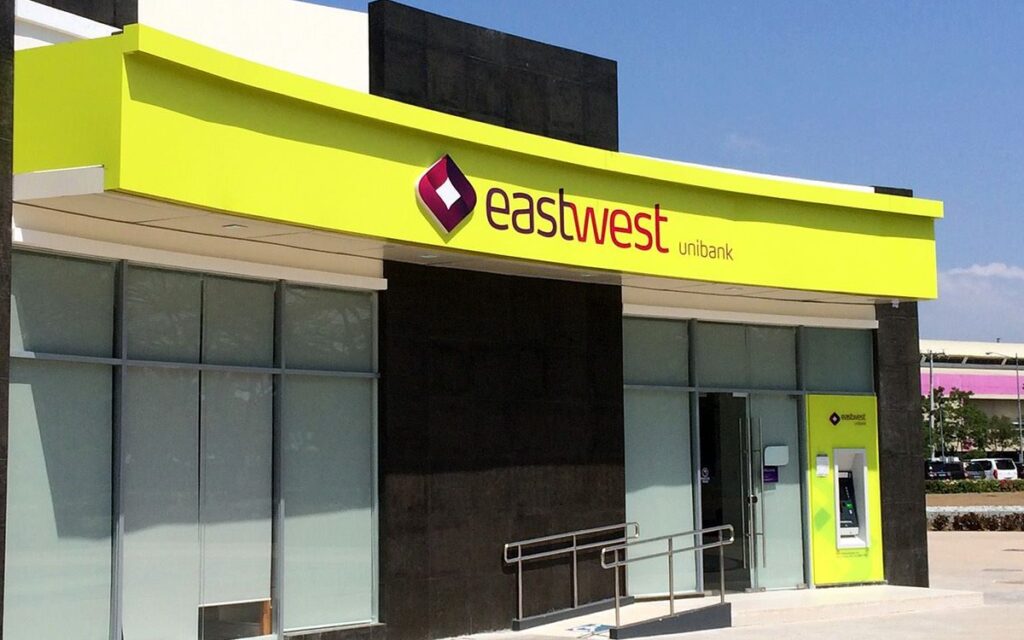
Woori Financial soars, Shinhan Financial sinks in 2024 By Lee Kyung-min Karen Wu, associate director at CreditSights / Courtesy of Fitch Solutions Korea’s leading financial groups may face slower loan growth, increased foreign exchange (FX) risks, elevated credit costs and greater pressure on capital ratios this year, according to an economist at a Fitch-affiliated firm, Wednesday. Underpinning the pessimism are U.S.
tariffs under the Trump administration — the most significant headwind, said Karen Wu, associate director at CreditSights, a Fitch Solutions company and part of Fitch Group. Among other challenges for the financial firms include political disruptions caused by President Yoon Suk Yeol's martial law declaration and subsequent impeachment proceedings, increased export competition from China and sluggish consumer spending. These issues will dampen the economic growth of Korea's export-dependent economy, exert downward pressure on the Korean currency against the U.

S. dollar, and weaken the positive impact of the Bank of Korea's (BOK) rate cuts , Wu noted. Read More [INTERVIEW] Moderate BOK easing comes at expense of economic growth: Fitch [INTERVIEW] Citi emphasizes commitment to global FX management [INTERVIEW] Yoon was right to veto cash handout bill: OECD economist [INTERVIEW] Korea’s robust exports to reduce recession fears: S&P, Fitch “Retail and small and medium-sized entities’ delinquency rates will likely rise in a slowing economy, and the recovery of real estate project financing stress is slow,” Wu said in an interview with The Korea Times.
This will slow the growth of financial groups' lending to the mid-single digits this year, she said. Last year, loans grew by between 4 percent and 10.3 percent year-on-year.
“Corporations are likely to turn to capital markets for cheaper funding. Household loan demand might be dampened by a soft economy as banks prioritize capital management," the economist said. The four major financial groups’ loan growth and fee income will decline somewhat, dampened by increased political uncertainties since the botched imposition of martial law in December.
However, the impact will be limited, according to Wu. “Korea’s domestic financial markets and funding conditions have remained resilient so far, due to the decisive and swift implementation of market stabilization measures .” The Fitch affiliate advised the market-perform recommendations for the four financial groups.
Market perform is a rating that indicates company shares are expected to perform similarly to the market, and in turn, will not underperform or outperform it. “We do not see near-term catalysts to outperform, given Korea’s challenging economic environment," she said. Mixed fate for Woori, Shinhan Woori Financial posted the highest profit growth among the four financial groups last year, largely unaffected by the equity-linked security (ELS) provisions due to its minimal exposure, according to Wu.
“The group’s noninterest income saw a leading increase, underpinned by strong fee growth across most divisions, FX trading and derivative gains compared to losses in 2023, as well as higher loan valuation and disposal gains,” she added. Shinhan Financial in contrast underperformed its three peers, hobbled primarily by the performance of its nonbank segments , particularly Shinhan Asset Trust and Shinhan Capital. “The two real estate and project financing affiliates were impacted by large impairments related to real estate project financing," she said.
Read More KB retains top spot among 4 financial groups with record $3.5 bil. net income Financial group chiefs stress Korea's robust fundamentals to offshore investors Bank, financial group heads rush to buy company stocks Financial groups lukewarm about eased holding requirements on fintech stakes Risk-weighted asset exposure of 5 financial groups spikes following martial law fiasco The four groups suffered significant compensation expenditure for the mis-selling of ELS, tied to the Hang Seng China Enterprises Index in the first quarter of 2024.
The following quarter saw credit costs increase due to additional provisions related to real estate trusts with a completion guarantee and the implementation of the new project financing visibility guidelines. In the July-September period, net interest margins broadly dropped, influenced by declining market rates that priced in the BOK's key rate cuts. The fourth quarter experienced a sharp depreciation of the Korean won, translating into sizable FX losses and a jump in risk-weighted assets.
Their capital ratios came under pressure as a result. Still, the four groups achieved profit growth in 2024, led by higher fee income, reduced provisions and decent loan growth. Read More Top Korean judge faces disinformation deluge as Yoon impeachment looms Court to hold 10th hearing of Yoon's impeachment trial as scheduled Ruling party chief dismisses speculation Yoon may voluntarily resign before impeachment ruling Handwritten memos emerge as controversial evidence in impeachment case Court schedules another hearing for Yoon's impeachment trial, selects PM as witness Diversification efforts Financial groups have maintained a strong diversification profile and a wide range of nonbank companies within their groups — insurance, cards, leasing, security houses and trust institutions, Wu said.
“The groups have constantly been trying to widen their nonbank businesses. Woori is in the process of acquiring some insurance companies, too. We see their diversification efforts as adequate.
” Last year, net interest income contributed to 85 percent of Woori’s operating income, the highest among the four. KB had the figure at 75 percent, Shinhan at 78 percent and Hana at 82 percent. Woori had the relatively smaller nonbank business of the four.
The group’s heavy reliance on interest income is not a problem, Wu noted. “In a lower interest rate environment a few years ago, the net interest margins were lower, hence lower interest income. This led to noninterest income having a higher share.
” Read More Woori reassures offshore investors of ample liquidity, financial soundness Hana, Woori rush to contain martial law fallout Prosecution raids Woori Financial, its bank subsidiary over poorly granted loans FSS to scrutinize KB, Woori over Indonesia risk, corporate culture Shinhan, Woori tighten controls amid scrutiny Woori Financial is also facing greater scrutiny from the Financial Supervisory Service , due in large part to the granting of billions in inappropriate loans under former Chairman Son Tae-seung a few years ago. The current chair can still be held liable. However, from a credit perspective, no significant risks will arise from this legal uncertainty, Wu said.
“The transaction is expected to have minimal impact on Woori's capital ratios. Based on precedents, we do not anticipate the penalty to be substantial enough to materially affect Woori's financial soundness.”.















